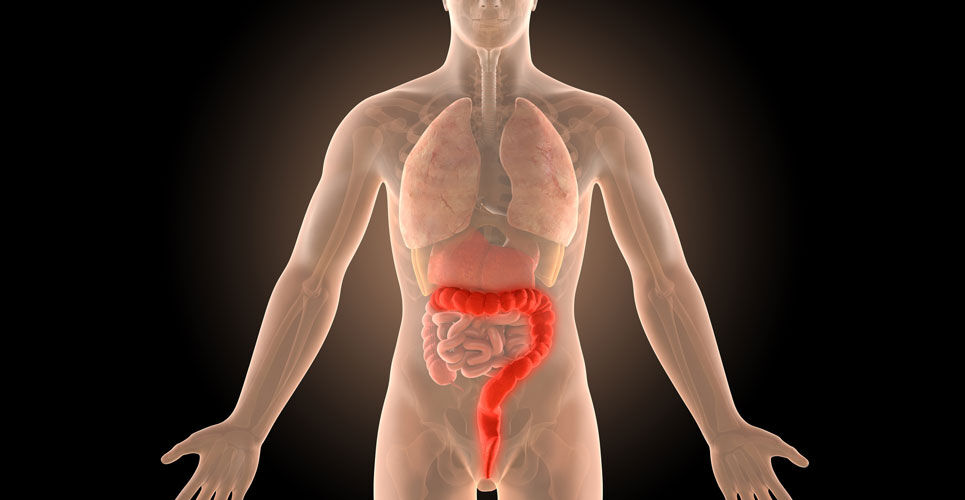Endocan serum levels might become a useful biomarker for assessing the extent of disease in patients with ulcerative colitis.
Measurement of serum endocan levels could be a useful way to determine the extent of ulcerative colitis in patients according to a study by Turkish researchers.
Ulcerative colitis (UC) is a form of inflammatory bowel disease in which there is mucosal inflammation. The British Society of Gastroenterology have provided guidance on the classification of the extent of disease.
Where inflammation starts in the rectum and extends to involve the whole colon it is termed pancolitis. If the inflammation extends from the distal to the splenic flexure, it is known as left-distal UC. Endocan (EC) is a circulating proteoglycan, that has involvement in immunity, inflammation, and endothelial function.
It could serve as a biomarker for inflammation but its value for the evaluation and monitoring in UC remains uncertain and was the aim of the current study.
The researchers recruited UC patients diagnosed clinically and endoscopically. In addition, none of those in the UC group were using any treatments.
The team also included a control group, without systemic disease or use anti-inflammatory drugs. All patients had blood samples taken for measurement of CRP (C-reactive protein) and EC.
Endocan measurement and extent of ulcerative colitis
The study had 65 patients in total, 35 of whom had UC. There was a significant difference in CPR and EC levels between the UC and control patients (both p < 0.001).
Significant differences were also present with endocan and CPR for the pancolitis and left-distal UC groups (p < 0.001).
Furthermore, CPR and endocan levels showed a significant correlation (r2 = 0.54) in those with pancolitis. A cut-off value of endocan of 95.2 pg/ml could be used for the detection of diffuse colitis (p < 0.001).
Citation
Albayrak B et al. A novel inflammatory marker for extensive ulcerative colitis; Endocan. BMC Gastroenterol 2023.

